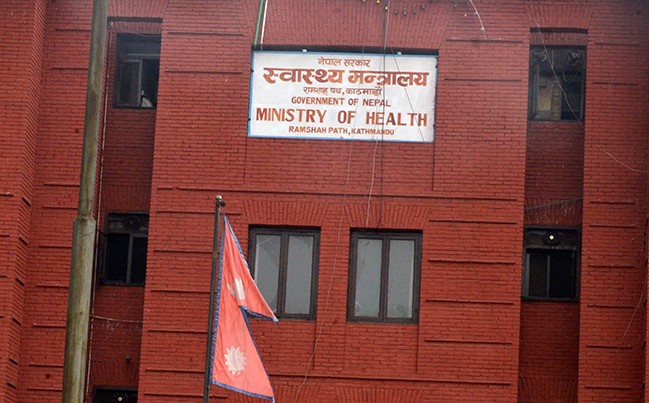Kathmandu: Health and Population Minister Pradeep Paudel has announced a decision to provide NPR 200,000 to the families of deceased organ donors. This is an increase from the previous NPR 100,000 provided by the government to families who choose to donate organs of their deceased loved ones.
Earlier, families received the support through the Human Organ Transplant Center in Bhaktapur. The Health and Population Ministry has now decided to add an additional NPR 100,000 to this amount. Minister Paudel stated that the Ministry of Finance has agreed to allocate the required funds through internal resources to implement the decision.
In addition, hospitals facilitating organ donation will now receive NPR 75,000, up from the previous NPR 50,000, to support their efforts. Minister Paudel emphasized that the increased support is intended to encourage individuals to donate their organs after death to save others’ lives.
Demand for Organ Transplants in Nepal
Each year, approximately 1,000 people register for kidney transplants and 55 for liver transplants at the Human Organ Transplant Center. Under current legal provisions, living donors are limited to close blood relatives, but anyone can donate organs after death. Organs must be donated within 24 hours of death to be transplanted into living recipients.
Organ Transplantation in Nepal
The Shaheed Dharmabhakta National Transplant Center in Bhaktapur performs around 200 kidney transplants and 20 liver transplants annually, accounting for approximately 70% of the country’s total organ transplants. Other institutions such as Bir Hospital, Tribhuvan University Teaching Hospital, and some private hospitals also perform organ transplants.
This initiative aims to foster a culture of organ donation, potentially saving many lives while addressing the critical shortage of organ donors in Nepal.
